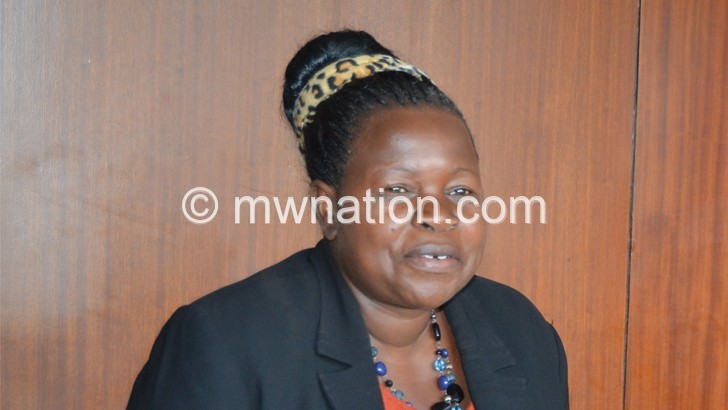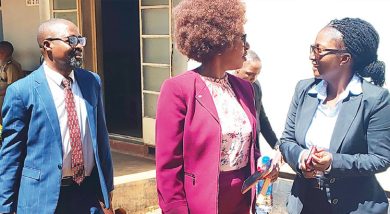Lifestyle audit haunts ACB
It is an open secret that some public servants in the country have questionable lifestyles compared to their source of income.
Section 32 of the Corrupt Practices Act was, therefore, framed with that in mind and clearly empowers the graft–busting body to investigate any public officer for maintaining a suspicious standard of living beyond ones means.

Reads the section in part: “The director may investigate any public officer where there are reasonable grounds to believe that such public office (a) maintains a standard of living above that which is commensurate with his present or past official emoluments or other known sources of income.”
At the height of the Cashgate scandal in 2013 when some junior officers were being caught with millions of stolen money, calls for a lifestyle audit of public servants were rife.
Six years later, the Anti-Corruption Bureau (ACB) spokesperson Egritta Ndala has admitted that before instituting such an investigation, there is need for what she referred to as ‘tight evidence’.
In response to our questionnaire on how far the bureau has gone with lifestyle audits, Ndala observed that people would like ACB to guess that some public officers are living beyond their means without providing information.
Said Ndala: “The section involves some sort of reverse onus of burden of proof as such, it calls for tight evidence, maybe more than any other criminal case, to prove the case beyond reasonable doubt.”
But governance and social commentator Makhumbo Munthali has described the slow pace at which the bureau is moving as selective application of the law by protecting some individuals.
According to him, ACB is toothless to act on senior government officials especially those with connections to the ruling party.
Said Munthali: “That’s hypocrisy of the highest order mindful of the fact that ACB is quick to act on small fish. Besides, ACB has never shown any serious intent to investigate such officials despite several pointers.”
The ACB spokesperson nevertheless explained that there have been some cases where investigations were conducted and prosecution was successfully carried out.
Ndala adds that some cases may have been closed after the bureau reviewed the explanations of sources of income having been provided by the subject of investigation and found them satisfactory.
Director of public officer’s declaration Christopher Tukula observed that the matter is very key but pointed out that currently his office has no legal mandate to inquire sources of lifestyle expenditure.
He said some public officers may choose to spend their ill-gotten wealth on non-proprietary expenditure like entertainment, children school fees and medical expenses for relatives.
“Under the current scheme of the law, such public officers will easily evade our scrutiny because the law is currently focusing on assets, liabilities and business,” he said.
Financial Intelligence Authority (FIA) spokesperson Masautso Ebele indicated that on request from the law enforcement agency, the office applies its mandate to analyse and investigate the financial information in order to trace proceeds of crime for possible confistication and subsequent forfeiture.





